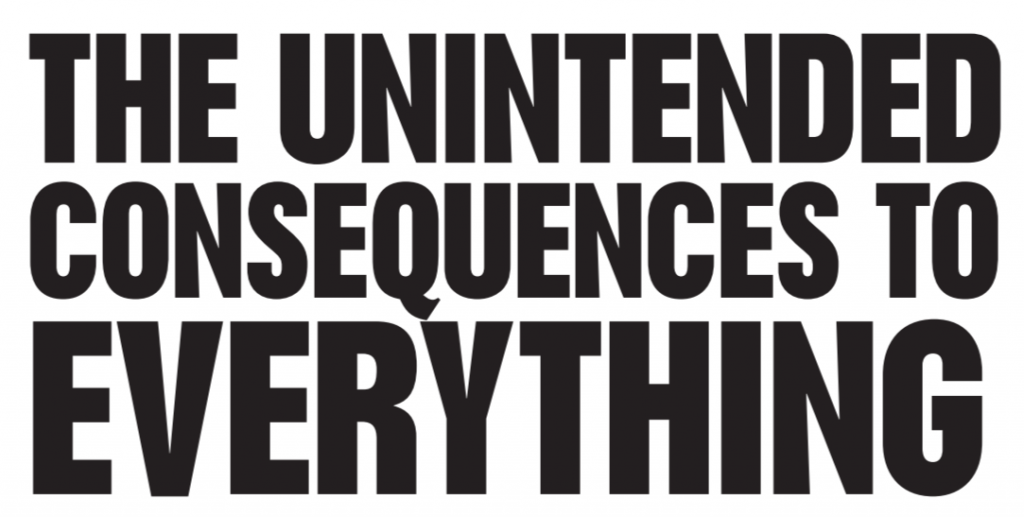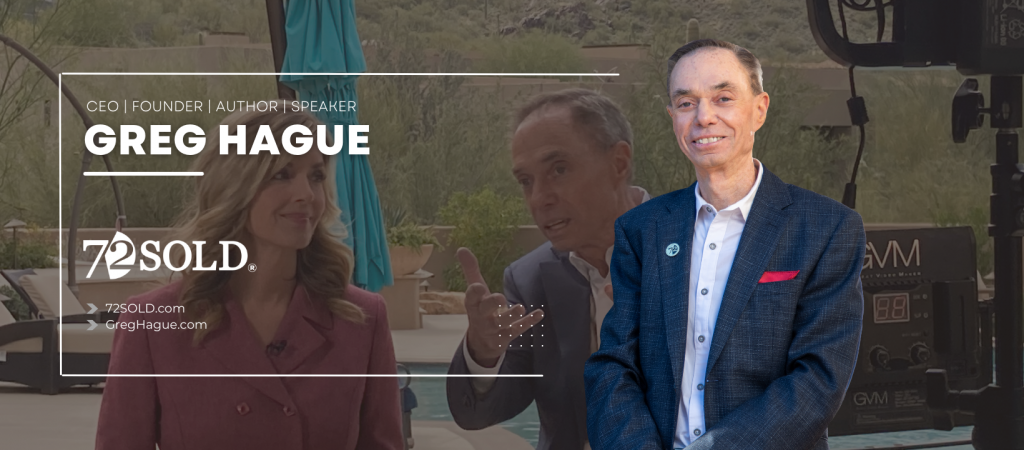In the roaring heart of the 1920s, amidst the cacophony of a burgeoning city, Samuel, a savvy saloon owner, stood at the precipice of a transformative era. Prohibition, a wave of change, was sweeping over the land, casting shadows on establishments such as his. Once a hub of mirth and merriment, Samuel’s saloon thrived as a beacon for locals seeking solace in spirits and camaraderie. However, as Prohibition’s grip tightened, a daunting crossroad emerged.
Defying the winds of change, Samuel ingeniously morphed his establishment into a clandestine speakeasy. Nestled in secrecy, the speakeasy became a sanctuary for those who sought the forbidden nectar in a labyrinth of shadows and whispers. This bold move kept Samuel’s entrepreneurial spirit alive, but plunged him into a world brimming with peril—dodging law enforcement’s eagle eyes and the looming threat of organized crime’s greedy grasp over the booming underworld of bootlegging.
Prohibition, ushered in by lawmakers with noble intent, unwittingly coerced law-abiding entrepreneurs like Samuel into a dance with danger, propelling them into the murky depths of an underground economy. Samuel’s tale is a vivid reminder of the unforeseen and unintended consequences that can emanate from shifts in society and policy.
The stories of Borders, ConvertKit, and Kodak also serve as enlightening examples of how change in business can lead to both anticipated and unintended consequences.
Borders Group Inc. made a strategic decision in 2001 to outsource its online book, music, DVD, and video sales to Amazon, aiming to compete more effectively with online retailers. This move, intended to boost sales, unexpectedly led to a decline in their physical store purchases, as customers began using Borders as a showroom before buying products on Amazon. This shift in consumer behavior was an unintended consequence that Borders failed to foresee, ultimately contributing to the company’s bankruptcy in 2011.
ConvertKit, an email marketing software company, faced unintended consequences during a planned rebranding. The company chose the name “Seva,” based on the Sanskrit word for “selfless service,” believing it reflected their customer care ethos. However, they overlooked the cultural and religious significance of the term in the Sikh religion, where ‘Seva’ is a holy concept. This oversight led to criticism, and ConvertKit had to cancel the rebranding, incurring a loss of over $500,000.
Kodak, once the dominant player in the film and camera industry, had the foresight to begin producing digital cameras back in the early 1990s. But the company did not foresee the unintended consequences of the digital photo revolution when cell phones became digital cameras, ultimately rivaling Kodak’s high-end models. Kodak’s failure to anticipate the smartphone’s emerging role in digital photography contributed to its bankruptcy filing in 2012, a stark contrast to $10 billion in sales in 1981.
These chronicles underscore a profound truth: Change is an intricate dance of consequences, often blending the foreseen with the unforeseen. They serve as a clarion call to consider the expansive and sometimes elusive repercussions of business decisions.
As John F. Kennedy aptly put it, “Change is the law of life. And those who look only to the past or present are certain to miss the future.” Isaac Newton’s words resonate too: “Every action has an equal and opposite reaction.”
These narratives illustrate the pitfalls of navigating change and highlight the importance of preparing for its less predictable, often elusive ripples—the unintended consequences that lurk in the shadows of decision-making.
This wisdom rings true across the annals of history and business, a reminder of the complex tapestry woven by the threads of change.
As Steve Jobs once observed, “There are downsides to everything; there are unintended consequences to everything.”












